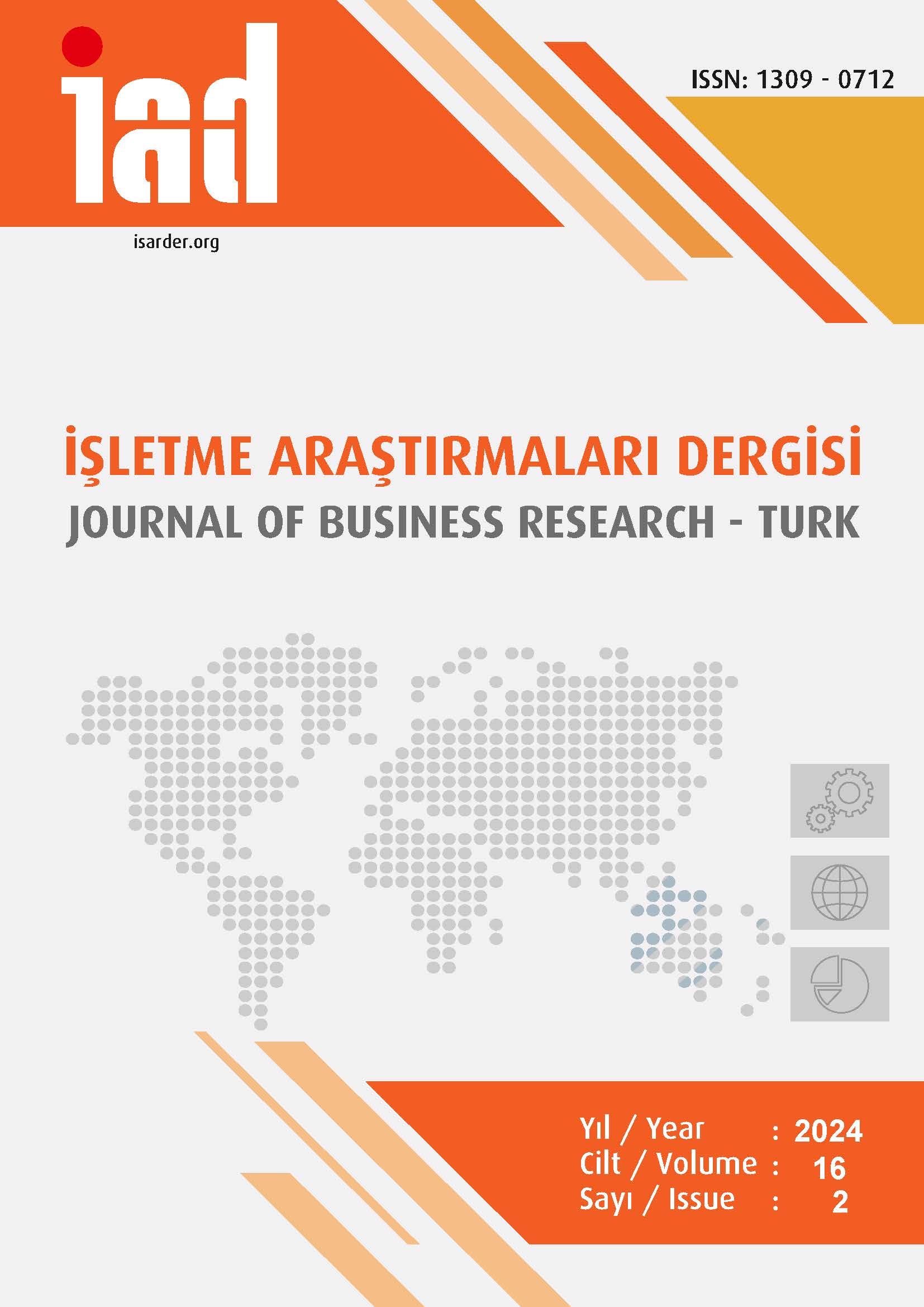Application of Machine Learning Techniques to Predict Perceived Usability of Mobile Banking Apps in Türkiye
DOI:
https://doi.org/10.20491/isarder.2024.1838Keywords:
System Usability Scale (SUS), Mobile Banking AppsAbstract
Purpose – Mobile banking applications have revolutionized the way individuals manage their finances, offering convenient access to banking services at any time and place. These apps have become indispensable for banks seeking to remain competitive, address their customers' changing needs, and gather valuable data on consumer behavior. Ensuring optimal system usability is vital for the success of such technologies, as it significantly influences user experience and adoption rates. This research investigates the perceived system usability scores of private and public banks in Türkiye. Design/Methodology/Approach – This study employs machine learning techniques to predict perceived system usability scores of mobile banking apps. The System Usability Scale (SUS) has been utilized to evaluate the perceived system usability. Factors considered in the prediction model include demographic data, system usage data, and device technical specifications. Findings - The research demonstrates that machine learning techniques can effectively predict the perceived usability of both public and private bank mobile apps. Key predictors of perceived usability included demographic details, mobile app usage experience, and technical specifications of the devices used. Factors such as age, gender, education, occupation, screen size, mobile operating system, mobile app usage frequency, and previous app experience significantly influence perceived usability. Discussion - The study highlights the potential of machine learning as a powerful tool in social science research, offering valuable insights into complex data sets and patterns. The findings of this research can offer valuable insights to system interface designers and human-computer interaction researchers examining system usability challenges.
Downloads
Published
How to Cite
Issue
Section
License

This work is licensed under a Creative Commons Attribution-NoDerivatives 4.0 International License.





